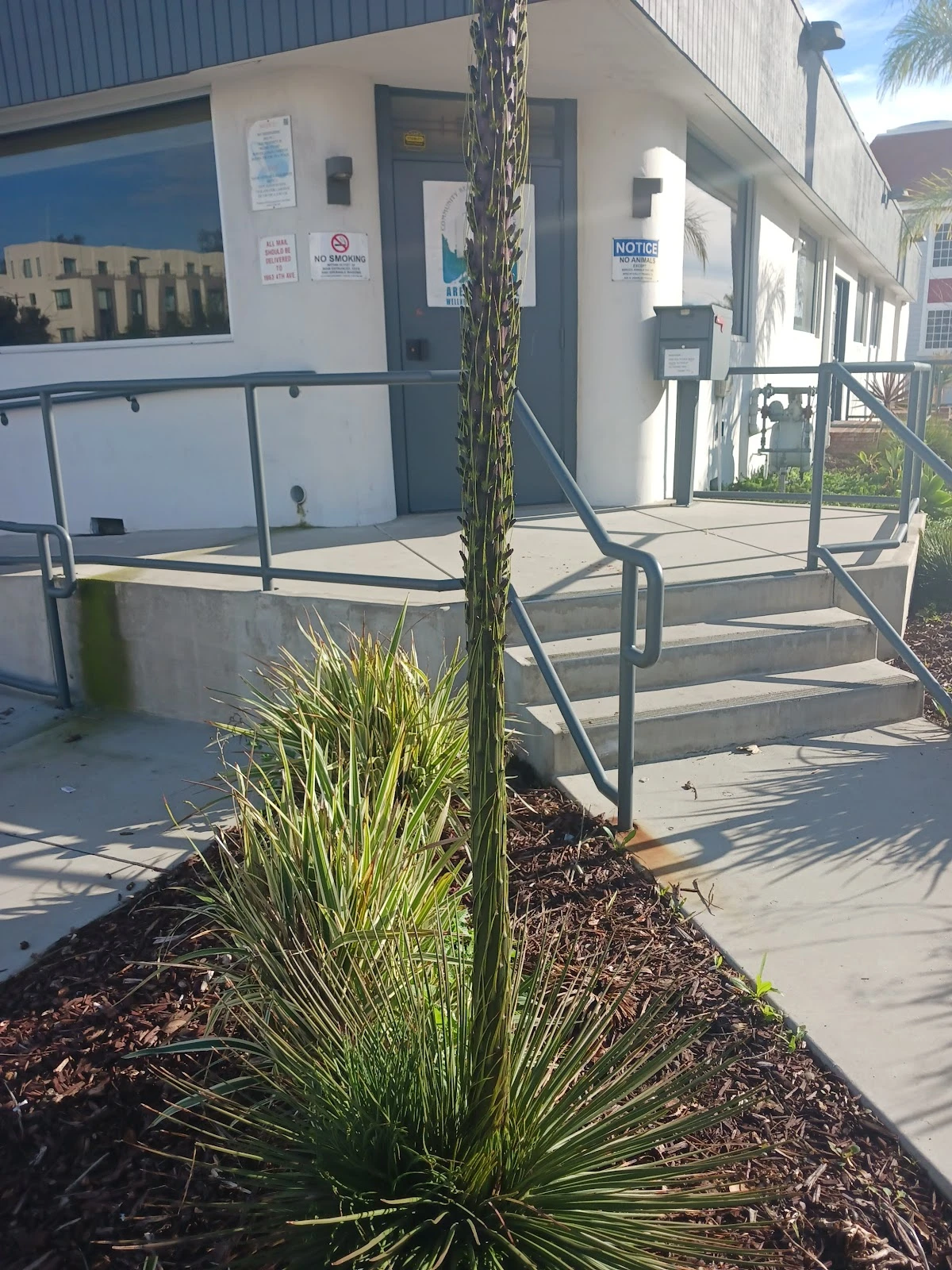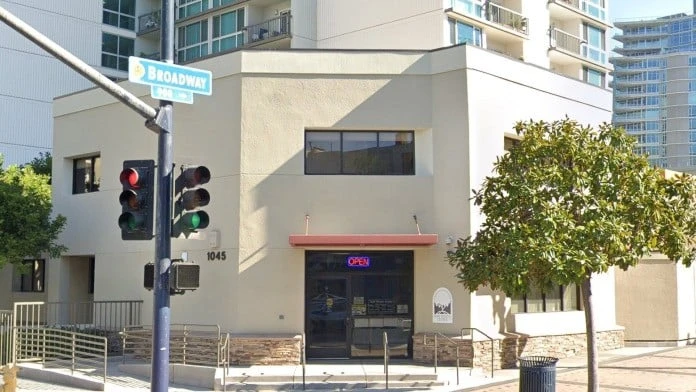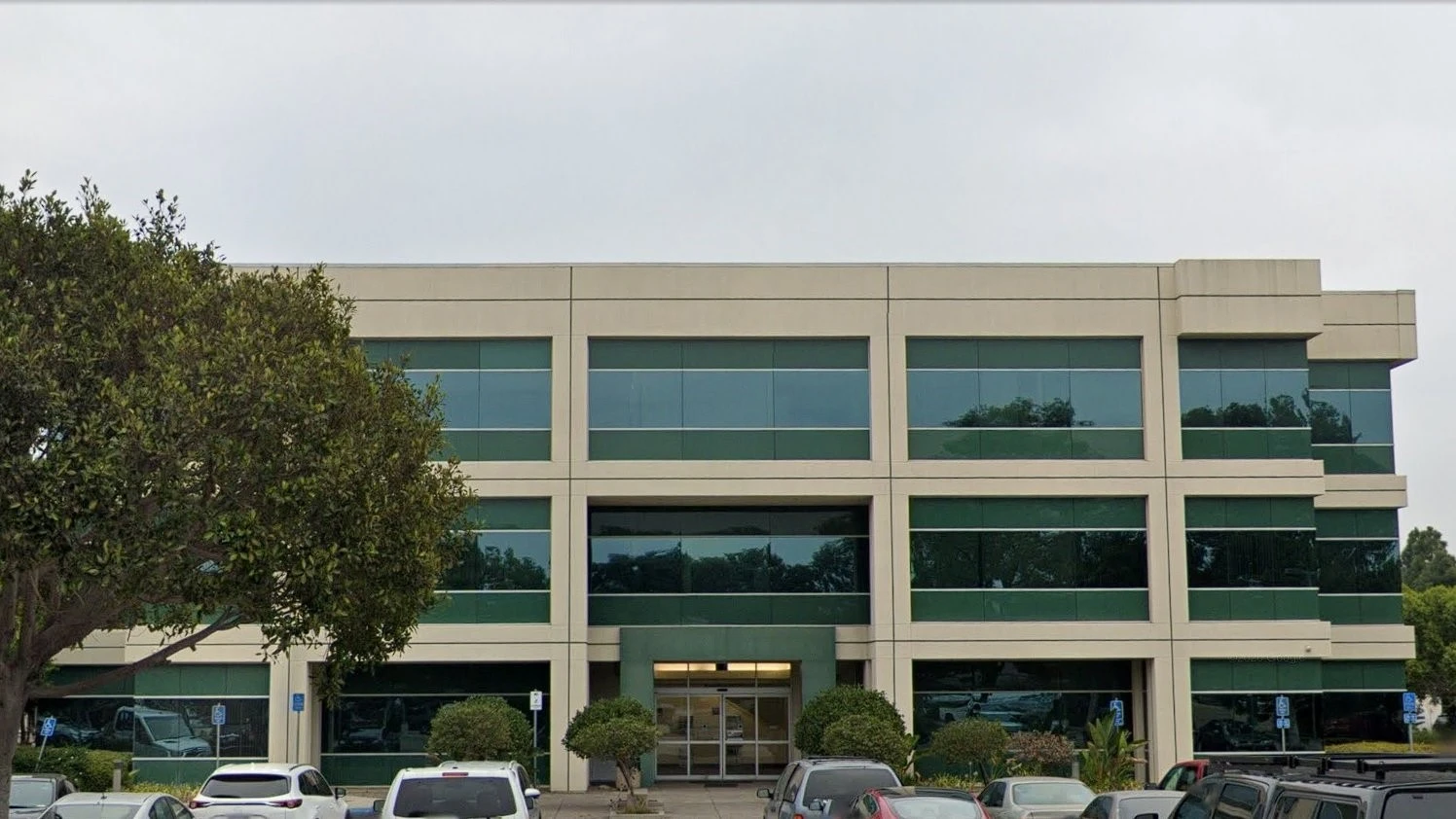Adults undergoing acute mental crises may get short-term acute residential therapy at Turning Point Crisis Center, which is situated in Oceanside, California. For those who need rapid, intense mental health help but whose illnesses cannot be handled with outpatient therapy, this clinic offers an alternative to institutionalization. Turning Point provides a controlled setting where people may get the assistance they need to stabilize and start along the road to recovery.
The Department of Social Services has licensed the institution as a mental health crisis stabilization program, and the Department of Healthcare Services has certified it. Turning Point, a recognized leader in evidence-based treatment methods, offers a wide range of residential treatment and crisis intervention programs that are customized to fit the individual requirements of each client. The residential program employs a multidisciplinary team of counselors, clinicians, nurses, psychiatrists, and peers with expertise in psychosocial rehabilitation to work in a setting that is similar to a home and community.
Through the use of a biopsychosocial therapy method, Turning Point guarantees that patients get comprehensive care that takes into account not just their mental requirements but also their social, emotional, and physical wellbeing. During their nine days there, on average, participants participate in daily scheduled activities including group counseling, individual treatment, and community gatherings. To provide a comprehensive treatment experience, evidence-based treatments are used to address mental health concerns, drug misuse, and transitional obstacles.
The facility provides dual-diagnosed patients with specialized care that addresses both their mental health issues and any co-occurring drug use problems. Psychiatrists provide medication as needed to participants to ensure they get the medical attention needed for stabilization.
A key component of the Turning Point program is group therapy, where participants engage in a variety of therapeutic modalities intended to assist them as they process their emotions and problems in a safe environment. This includes psychoeducation, experiential therapy, and support groups, all of which are meant to encourage healing and a feeling of community.
Enhancing the lives of the people and families it serves is Turning Point's top priority. The center's goal is to provide cutting-edge social services and mental healthcare that are recovery-focused, trauma-informed, and culturally sensitive. The center prioritizes integrity and wellbeing, tailoring its programs to each individual's requirements and facilitating access to the least restrictive and most suitable level of treatment.
Turning Point, a division of the Community Research Foundation (CRF), is committed to the idea that people with co-occurring disorders and mental illness can and will recover, leading fulfilling lives when given the right care and assistance. Children, youth, and families are the target audience for CRF's programs, which provide wraparound, family-centered services that support strong families, normal development, and a sense of community. The organization maintains tight ties with community partners to guarantee that people get the trauma-informed and culturally relevant treatment they need.
Turning Point Crisis Center plays a critical role in assisting people in navigating crises and making the transition toward long-term mental health and well-being by providing evidence-based and recovery-oriented treatments.
Turning Point Crisis Center Information
Additional Locations
Turning Point Crisis Center Accepts The Following Insurance Plans
Find the best treatment options. Call our free and confidential helpline today!






